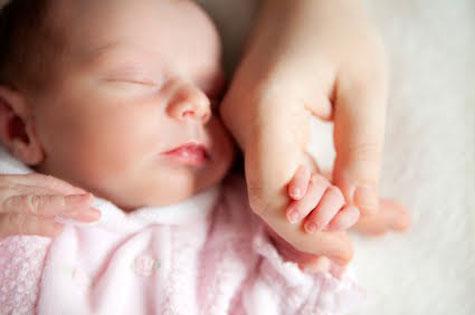The study of more than 2300 Australian low-risk pregnant women found those who received one-on-one midwife care were less likely to have a caesarean than those who experienced standard care.
The research, published in the International Journal of Obstetrics and Gynaecology, found 19 per cent of pregnant women cared for by the same midwife had a caesarean, compared to 24 per cent in standard care.
Only 30 per cent of women in the one-on-one model had an epidural, compared to 35 per cent of women cared for by a range of midwives in standard care.
The study also found 63 per cent of women in the one-on-one model avoided an induced labour, compared to about 56 per cent in the standard care group.
Infants born to women who received one-on-one care throughout the pregnancy, birth and early postnatal period were also less likely to need special or neonatal intensive care.
The study involved pregnant women at low risk of medical complications from the Royal Women's Hospital in Melbourne.
Women in the one-on-one model were cared for by the same midwife with occasional assistance from backup midwives, while those in the standard group were treated by a range of different midwives, obstetric-trainees or general practitioners.
The study's lead author, La Trobe University Associate Professor Helen McLachlan, said the model allowed midwives and women to establish a relationship during pregnancy.
"This relationship appears to build a woman's trust and confidence before, during and after the birth, helping women have a more positive birth experience," Associate Professor McLachlan said in a statement.
Her co-author, Royal Women's Hospital midwifery Professor Della Forster, said the reduction in caesarean rates was a good outcome of the trial.
"We want to avoid caesarean births wherever possible because of the risk of complications for both mothers and babies," she said.
The study was the first clinical trial to examine midwifery-led care in Australia and the third internationally.








 Agree (0)
Agree (0) Disagree (
Disagree (











__small.png)










